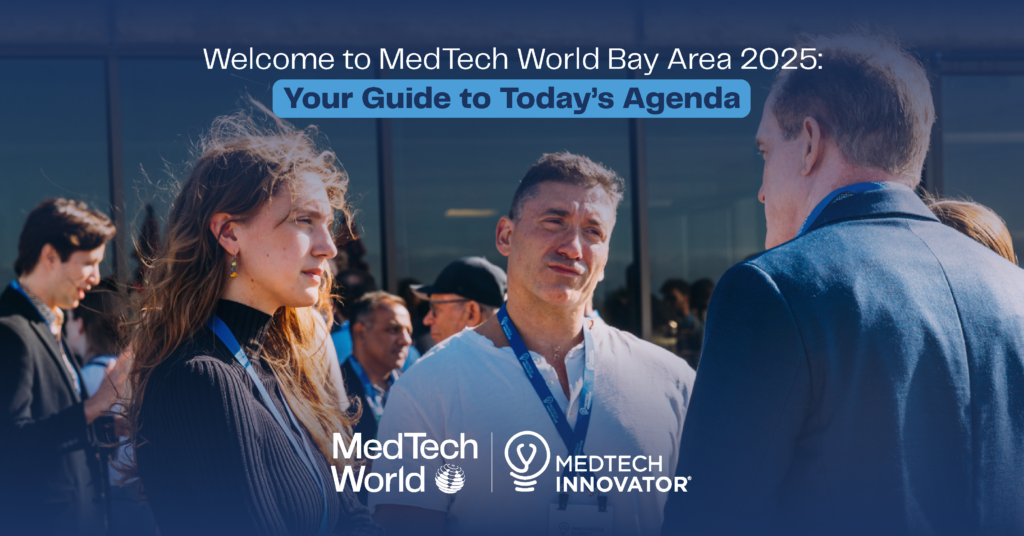
Michael Joe Cini
19th October 2023
Metaverse – The Next Evolutionary Step for The Web?
Moderated by Thomas Zorbach, Founder and CEO of vm-people GmbH, the panel – The Healthcare metaverse in 2023 and beyond – took place during the first day of the Med-Tech World Summit at the Mediterranean Conference Centre. Thomas was joined by Lucas Perez, CEO for Health My Project, Philippe Gerwill, Advisory Board at Aimedis & Med-Tech World Summit and Ian Slade, CEO, IT Consulting Group.
The conversation revolved around the concept of the Metaverse and its potential as the next evolutionary step for the internet. Thomas Zorbach expressed the idea that the future web would transition into a spatial and more social experience compared to the current digital landscape.
Lucas Perez further emphasized the significance of the Metaverse, describing it as a bridge between the real world and the virtual realm.
The discussion delved into the evolving role of the Metaverse in the healthcare industry. Lucas Perez emphasized its value as a platform for providing greater access to medical information, connecting patients and doctors across the world. He also highlighted the use of generative AI to create content within the Metaverse, offering a plethora of environments and applications.
Thomas Zorbach addressed the challenges faced by doctors in providing comprehensive medical care within limited time frames, such as the short consultation periods typical of general practitioners in various countries. The Metaverse was discussed as a solution for alleviating some of these challenges by offering a 24/7 platform for information and educational resources, making it easier for doctors to access global medical knowledge and connect with their peers.
Lucas Perez shared insights gained over the last 12 months. He emphasized that the Metaverse was far from being a fading trend, with significant financial transactions occurring within the virtual world. In the healthcare sector, the Metaverse had shown potential in aiding disabled individuals and enhancing medical practices. Perez highlighted studies in orthopaedic surgery, dentistry, and ophthalmology demonstrating the efficiency of the Metaverse for doctors.
The conversation then shifted to the influence of blockchain technology within the Metaverse, specifically in terms of identity verification and the use of blockchain to verify patients’ identities.
Ian Slade joined the discussion, focusing on the developments in the Metaverse over the past year. He highlighted the significance of training for physicians and the application of augmented and virtual reality in medical education. Mental health support provided by the Metaverse was another key point of discussion, addressing the shortage of mental health professionals in many countries.
The panellists concluded with a forward-looking perspective, considering the future of healthcare in the Metaverse. Ian Slade expressed optimism about the future adoption of Metaverse technologies but noted that regulatory and reimbursement issues presented significant hurdles. Lucas Perez emphasized the importance of inclusivity in the Metaverse, with AI-driven chatbots offering assistance around the clock. The conversation also touched on the importance of language diversity to serve a global population.
In summary, the panel discussion explored the transformative potential of the Metaverse in healthcare, highlighting its role in providing greater access to medical knowledge, training opportunities, and support for patients and healthcare professionals. While challenges remain, the panellists were hopeful about the continued evolution of the Metaverse in healthcare.




